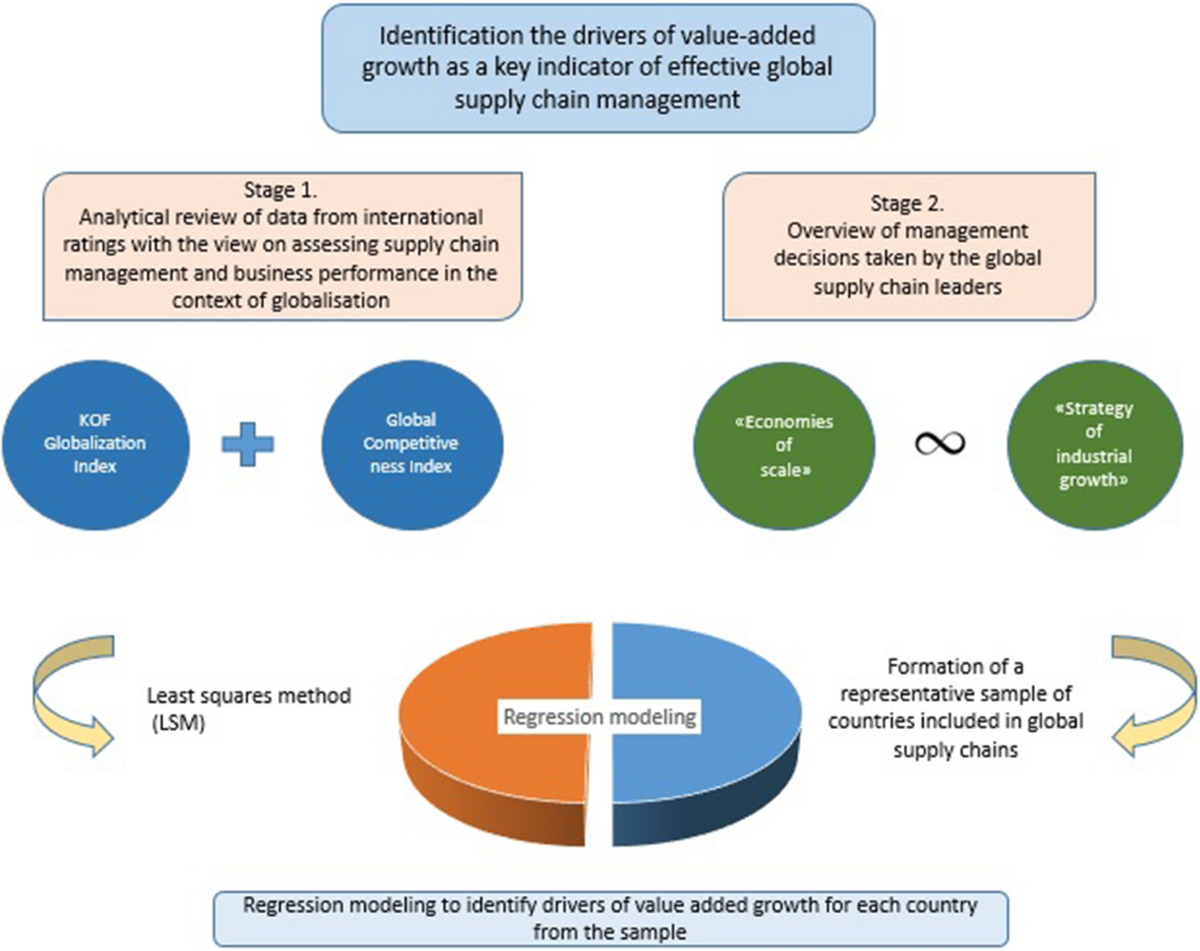From Local to Global: Supply Chain Revolution
In today’s globalized world, the evolution of supply chains has been nothing short of revolutionary. Once a simple process of getting goods from point A to point B, supply chains have now become complex networks that span the globe. The shift from local to global supply chains has transformed the way businesses operate and has opened up a world of opportunities for growth and expansion.
Gone are the days when businesses relied solely on local suppliers and distributors. With advancements in technology and transportation, companies now have the ability to source materials from across the world and reach customers in far-flung corners of the globe. This has not only increased efficiency and reduced costs, but has also allowed businesses to tap into new markets and customer bases.
One of the key drivers of this supply chain revolution has been the rise of e-commerce. Online shopping has completely transformed the retail landscape, with consumers now able to purchase products from anywhere in the world with just the click of a button. This has put pressure on businesses to adapt their supply chains to meet the demands of a global customer base, leading to the development of more agile and flexible supply chain networks.
Another factor contributing to the global shift in supply chains is the increasing importance of sustainability and ethical sourcing. Consumers are becoming more conscious of the environmental and social impact of the products they purchase, leading businesses to reevaluate their supply chain practices. This has resulted in a push towards more transparent and responsible supply chains, with companies looking to source materials from ethically-minded suppliers and reduce their carbon footprint.

Image Source: springernature.com
The globalization of supply chains has also been driven by the need for businesses to stay competitive in an increasingly crowded marketplace. With more and more companies entering the global arena, businesses are under pressure to streamline their supply chains, reduce lead times, and improve their overall efficiency. This has led to the adoption of technologies such as artificial intelligence, blockchain, and data analytics to optimize supply chain operations and stay ahead of the curve.
But with the benefits of a globalized supply chain also come challenges. Managing a network of suppliers, distributors, and logistics partners across different countries and time zones can be a daunting task. Businesses must navigate issues such as currency fluctuations, trade barriers, and geopolitical risks to ensure the smooth flow of goods from production to delivery. This requires a deep understanding of the global marketplace and the ability to adapt quickly to changing conditions.
Despite these challenges, the shift from local to global supply chains has opened up a world of possibilities for businesses of all sizes. By embracing the opportunities offered by a globalized supply chain, companies can reach new markets, reduce costs, and stay competitive in an ever-evolving landscape. The evolution of supply chains in a globalized world is not just a trend – it is a necessity for businesses looking to thrive in the 21st century.
Navigating the Complexities of Global Trade
In today’s globalized world, the evolution of supply chains has become more complex than ever before. With the rise of e-commerce, globalization, and advancements in technology, businesses are now faced with the challenge of navigating the complexities of global trade.
Global trade involves the exchange of goods and services between countries, and the process can be fraught with challenges. From navigating different regulations and tariffs to dealing with cultural differences and language barriers, businesses must be prepared to overcome a myriad of obstacles in order to successfully trade on a global scale.
One of the key challenges in global trade is compliance with international regulations and standards. Each country has its own set of rules and requirements when it comes to importing and exporting goods, and businesses must ensure that they are in full compliance in order to avoid costly delays and penalties. This requires a thorough understanding of the various regulations in different countries, as well as the ability to adapt quickly to changes in the regulatory environment.
Another challenge in global trade is managing the logistics of transporting goods across borders. This involves coordinating with multiple stakeholders, including suppliers, carriers, and customs officials, to ensure that goods are delivered in a timely and cost-effective manner. With the rise of e-commerce and the increasing demand for fast shipping, businesses must also be able to meet the expectations of customers who expect quick and reliable delivery.
Cultural differences and language barriers can also pose challenges in global trade. Doing business in different countries requires an understanding of local customs and traditions, as well as the ability to communicate effectively with people from different cultural backgrounds. This can be particularly challenging for businesses that are expanding into new markets where they have little or no experience.
Technology has played a crucial role in helping businesses navigate the complexities of global trade. Advances in supply chain management systems, data analytics, and automation have made it easier for businesses to track and monitor their global operations in real-time. This allows businesses to identify potential bottlenecks and inefficiencies in their supply chains, and make adjustments quickly to ensure smooth operations.
In addition to technology, partnerships and collaboration are also important in navigating the complexities of global trade. By working with trusted suppliers, carriers, and logistics providers, businesses can streamline their operations and reduce the risks associated with global trade. Building strong relationships with partners around the world can also help businesses access new markets and opportunities for growth.
As the global economy continues to grow and evolve, businesses will need to become increasingly agile and adaptable in order to navigate the complexities of global trade. By staying informed about the latest trends and developments in international trade, investing in technology and partnerships, and being prepared to overcome challenges as they arise, businesses can position themselves for success in the global marketplace.
The Impact of Globalization on Modern Supply Chains